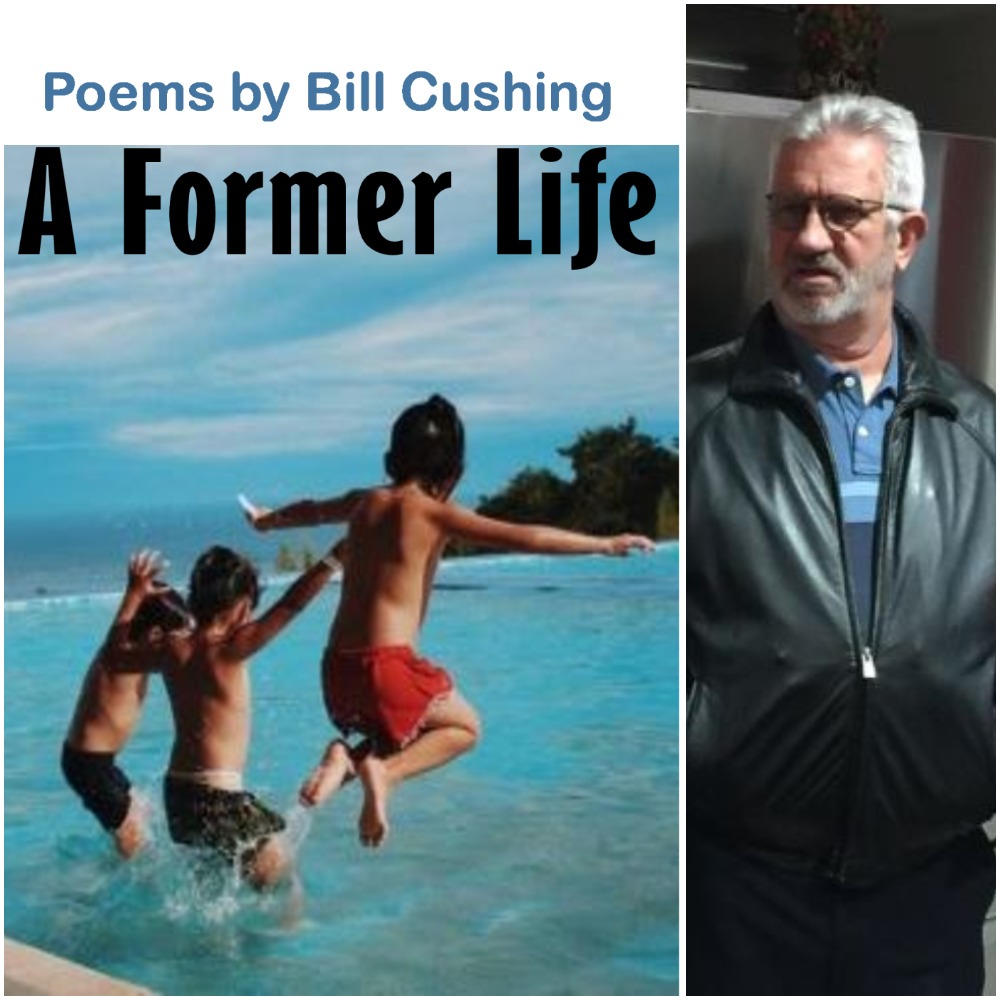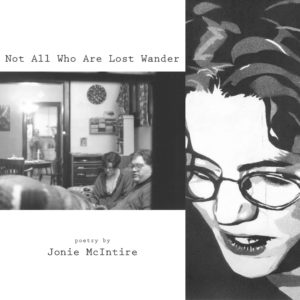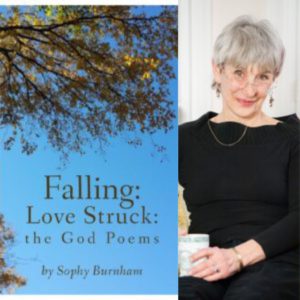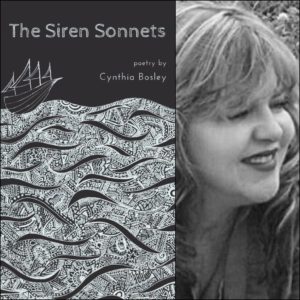Description
A Former Life
by Bill Cushing
$19.99. Full-length, paper
978-1-63534-938-2
2019
Named in honor of a Civil War Navy hero, Bill Cushing has lived in Virginia, New York, Pennsylvania, Missouri, Florida, Maryland, the Virgin Islands, and Puerto Rico before moving to California. As an undergrad, he was called the “blue collar” poet by classmates at the University of Central Florida because of his years in the Navy and later working as an electrician on oil tankers, naval vessels, and fishing boats before he returned to college at the age of 37. He earned an MFA in writing from Goddard College in Vermont and teaches at East Los Angeles and Mt. San Antonio colleges. He now resides in Glendale with his wife and their son.
As a writer, Bill has been published in various literary journals, magazines, and newspapers, including The San Juan Star and the Florida Times-Union. His short stories have appeared in Borfski Press, Newtown Literary Journal and Sediments. His creative non-fiction piece “A Father’s Pride” was a finalist in 2016’s Pen 2 Paper competition for writings concerning the disabled.
He had poems in two issues of the award-winning Stories of Music, among other anthologies. A Pushcart Prize nominee, Bill was named as one of the Top Ten Poets of L.A. in 2017, and his work was featured in a collection of regional poets by Moon Tide Press in an anthology named Lullaby of Teeth, a title that from a line in one of his poems. He also has a poem featured in a textbook focused on Los Angeles for area high school students. His poetry has appeared in numerous journals, both in print and online, including Avocet, Brownstone Review, Glomag, Mayo Review, Penumbra, Poetry Nook, Spectrum, The Song Is. . ., and West Trade Review.
When not teaching or writing, Bill facilitates a writing workshop in Eagle Rock, California (9 Bridges). He also performs with a musician in a project called “Notes and Letters.” He invites anyone interested to visit and “like” their Facebook page or check their youtube page, “Chuck Corbisiero Bill Cushing Notes and Letters.”






Marianne Szlyk (verified owner) –
Bill Cushing’s new book, A Former Life: An Overview of Two Centuries 60 Years in the Making, could almost be titled Former Lives as its poems reveal a rich variety of encounters and experiences over sixty-plus years, almost too much for one lifetime.
Rather than following the strict timeline of the poet’s life, the book is divided into three sections: “People,” “Places,” and “Things.” This division allows Cushing to juxtapose fragments of experience and keep the reader from thinking of the poet’s life as a simple arc leading from twentieth-century New York City to twenty-first century Southern California, with a few detours along the way. Instead, his life is an album, not quite an old-school concept album whose cuts fit together smoothly but a collection of songs whose themes and variations make the pieces distinct yet surprisingly unified.
The “People” section allows Cushing to depict individuals he has known or observed over the course of his life. His father, a man larger than life, appears first as a presence (and absence) in “Planking the Tango” and later as an elderly man who was able to “give [his wife]/ the gift of dying” in “Father’s Day: June 20, 2004.” Cushing’s son also emerges in the heartbreaking “Gabriel’s Coming” and the sonnet “What Love Is” as “a boy who…created a family” with the poet and his wife, whom we see in “Morning,” the sensual poem that concludes this third of the book.
These poems, which focus on other people, are quite personal and vulnerable. “People” is more than a contemplation of family tragedies. Other poems in this section bring to light his talent for observation and sensory detail even when writing about people he has simply glanced at. “The Ancient Flocks of Wilson Street” and “Girl in Green” come to mind here. I especially like the first poem’s opening, “They flock/to the park/cloaked in black,” with its tight lines and crisp consonants that evoke the elderly Armenians who have taken over a park in California. In “Girl in Green,” the poet depicts a woman through not only her hair and face but also “her green sleeve [that] bends/ from the stiff leaves/ of a potted plant.” This theatrical gesture makes her more individualized and therefore more compelling.
“Places” juxtaposes Cushing’s very fine poems set in Central and South America with startling pieces set closer to home. “At a Mountain Waterfall” continues to amaze upon rereading. “Easter Island in Koreatown” and “Cusquenos” fit together especially well in their blend of the exotic and the everyday. The figures at the heart of each poem share a certain kinship. “Easter Island in Koreatown” depicts a Los Angeles street “delivering/ a weird brand/ of royalty to the curb/ of Vermont Avenue” as a “touchdown” Buddha passes by on the back of a truck and this could fit in with the indigenous inhabitants of Cusco, Peru who “make their shuffling way/ up these narrow and steep/ streets” while tourists from the U.S. brew coca tea to survive the city’s high altitude and thin air. The theme of tourism, an outsider’s attempt to sum up a richly complex world in just a few lines, continues in poems set in the U.S., such as “After El Nino: February 24, 1998,” written for a guest whose trip to California was spoiled by rain and cold, and “From California to Chicago.”
The next section, “Things,” touches on music, the dreams of a wolf, Barbie, religious iconography, and an image from coverage of September 11, 2001. ”Things” also includes some personal poems, notably “Sailing,” a rare depiction of the poet in solitude, and “Turning Fifty,” a meditation on middle-aging with the poet contemplating his hand intently.
Although these poems are very skilled and moving, the category seems a little broad. I’m not sure how I would classify the subjects of these poems. I’m a little dismayed to see Cushing’s wonderful poems about music categorized under “Things. “ “On Modest Mussorgsky’s ‘Bydlo’” and “’Music isn’t about standing still and being safe’” evoke rural Russia and a young New Yorker’s initiation into jazz, respectively. “Listening to Bird” celebrates Charlie Parker just as “With Dad” honors the poet’s father.
Others like “Sailing,” “Ecce Homo,” or “Final Flight” may also belong in other sections or perhaps even other books. However, “Final Flight” is a compelling ending to the entire book as September 11 is a pivotal historical event in Cushing’s lifetime so far and can be considered the true ending to the twentieth century, the setting of many but not all of the poems in this book. After all, the subtitle is An Overview of Two Centuries.